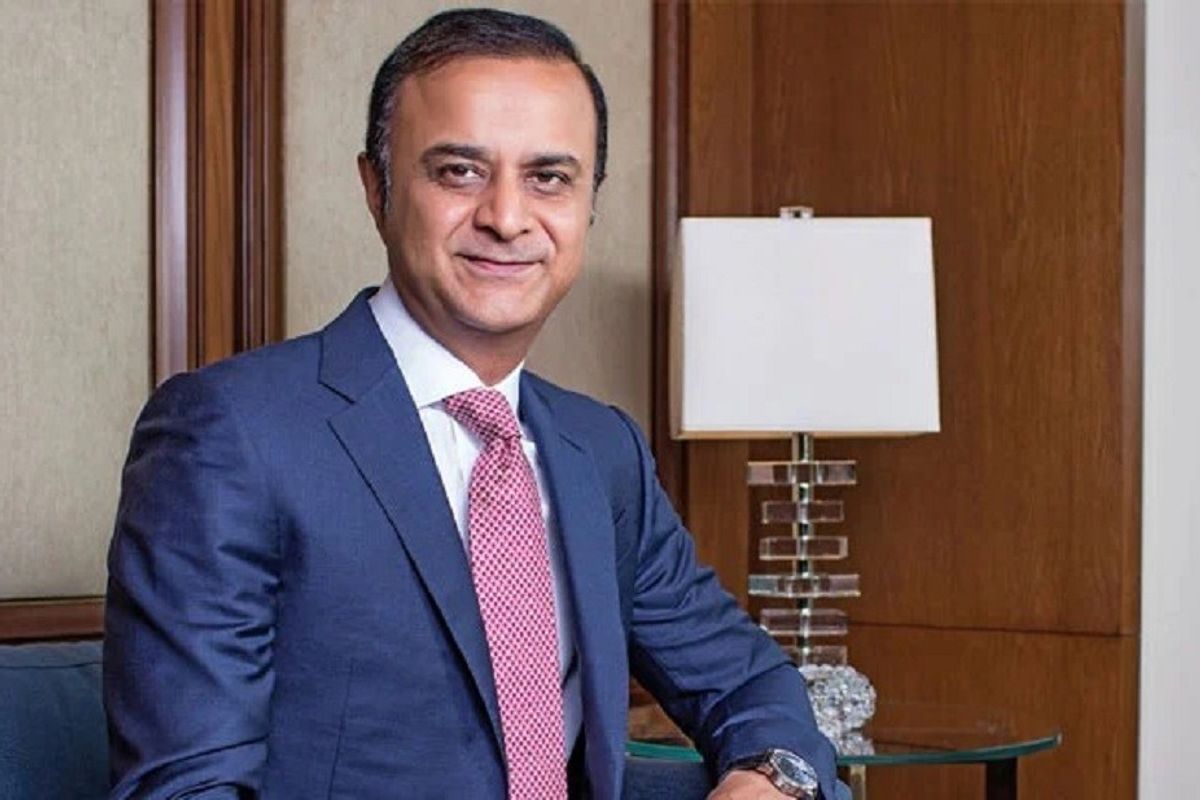Lucky Motor raises concerns over proposed reduction in duties on CBU vehicles
Allowing commercial imports of used cars could turn Pakistan into a junkyard

Muhammad Ali Tabba, Chairman Lucky Motor Corporation
PR
Lucky Motor Corporation (LMC) has expressed concerns over the government’s proposed tariff rationalization plan, particularly the reduction in duties on completely built-up (CBU) vehicles to 15% over five years.
During a meeting with the federal minister for finance and the special assistant to the prime minister on industries and production, LMC Chairman Muhammad Ali Tabba emphasized that while the intent behind tariff rationalization may be to make cars more affordable, the current proposal—if implemented without a well-thought-out approach—could negatively impact Pakistan’s local auto industry, undermine investor confidence, and worsen the current account deficit.
Tabba noted that under the Auto Development Policy (ADP) 2016-2021, Korean, European, and Chinese automakers entered Pakistan’s automotive market with a cumulative investment of approximately $1.2 billion to establish local manufacturing plants.
This initiative achieved key objectives, including expanding consumer choice, fostering competition, and creating jobs in vehicle assembly and auto parts manufacturing.
While supporting the government’s tariff rationalization efforts, Tabba stressed that a significant gap must be maintained between CBU and completely knocked-down (CKD) duty rates to protect the domestic auto industry. He suggested consulting key stakeholders to determine an appropriate duty differential.
Additionally, Tabba raised concerns about potential liberalization of used car imports, stating that Pakistan’s auto industry already produces around 150,000 units annually and hosts approximately 16 automobile brands—far more options than in the past.
He argued that there is no justification for liberalizing used car imports and warned that allowing commercial imports of used cars could turn Pakistan into a “junkyard” of second-hand vehicles.
Given Pakistan’s fiscal constraints and limited foreign exchange reserves, Tabba warned that a liberal import and tariff regime could deplete FX reserves, widen the current account deficit, and further depreciate the Pakistani rupee (PKR).
In response, the SAPM on Industries and Production assured Tabba that the government values industry input and will consult stakeholders before finalizing any decisions on tariff rationalization and used car import policies.







Comments
See what people are discussing